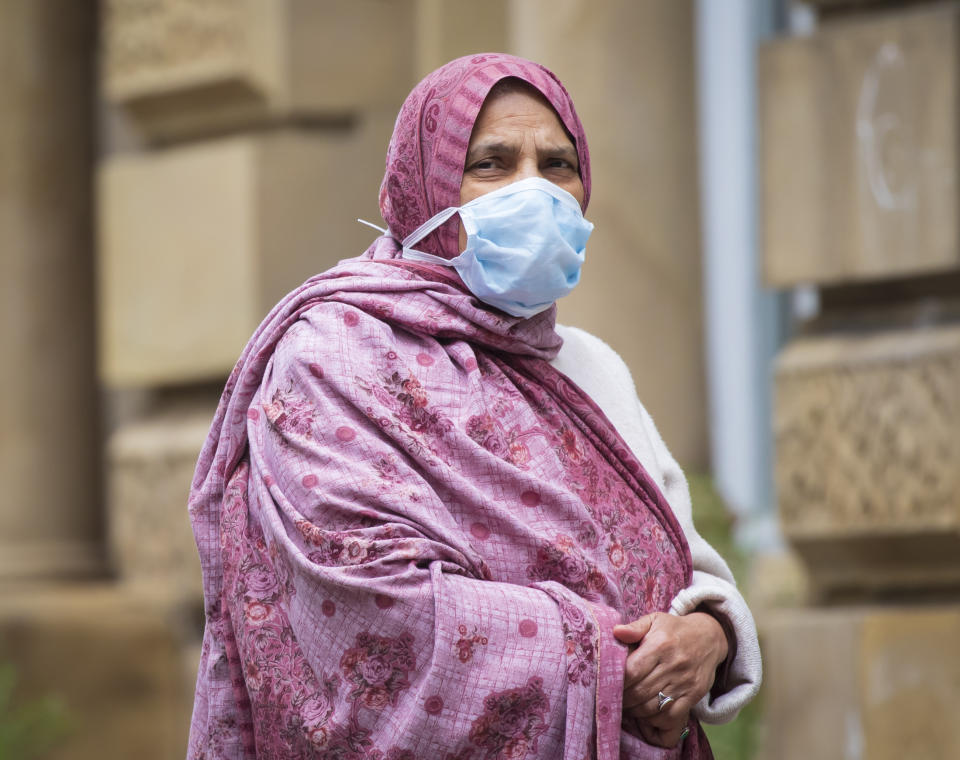Black, Asian, and ethnic minorities 'struggle most' to pay bills during pandemic

About a third of adults have experienced a decrease in household income due to the COVID-19 outbreak, with Black, Asian and Minority Ethnic (BAME) groups and young people among those most likely to struggle, according to a UK Financial Conduct Authority (FCA) report released on Thursday.
The survey found that in July, 12 million people had low financial resilience, meaning they may struggle to pay bills or make loan repayments. Two million of those individuals were found not to be financially resilient since February.
Following the news, the FCA is reminding consumers that help is available from lenders if they are finding it hard to keep up with payments due to COVID-19.
“There are options available to you which will reflect the uncertainties and challenges that many customers will face in the coming months,” said Sheldon Mills, interim executive director of strategy and competition at the FCA. “It is also important that households in serious financial difficulty seek debt advice for support.”
READ MORE: Coronavirus: UK economic recovery 'slows' in September but outpaces global benchmark
The FCA has put in place special guidance that is designed to ensure people can access tailored support from financial institutions that take local restrictions into account, said the FCA.
Some of the short and long-term options to help with individual circumstances include: suspending, reducing, waiving or cancelling any further interest or charges; permitting the customer to make no or reduced payments; and agreeing a repayment plan.
Firms should “treat customers fairly – for example by not repossessing someone’s home when they are in lockdown and can’t access alternative accommodation,” the FCA said.
Still, the FCA is encouraging consumers who can make payments to do so as it is in “their best interests.” Putting off loan repayments could extend the payment schedule and it is not yet clear if this could impact interest rates for individuals.
The news comes as the UK’s economic recovery from coronavirus continues to be sluggish, slowing during September.
Watch: What are negative interest rates?

 Yahoo Finance
Yahoo Finance 